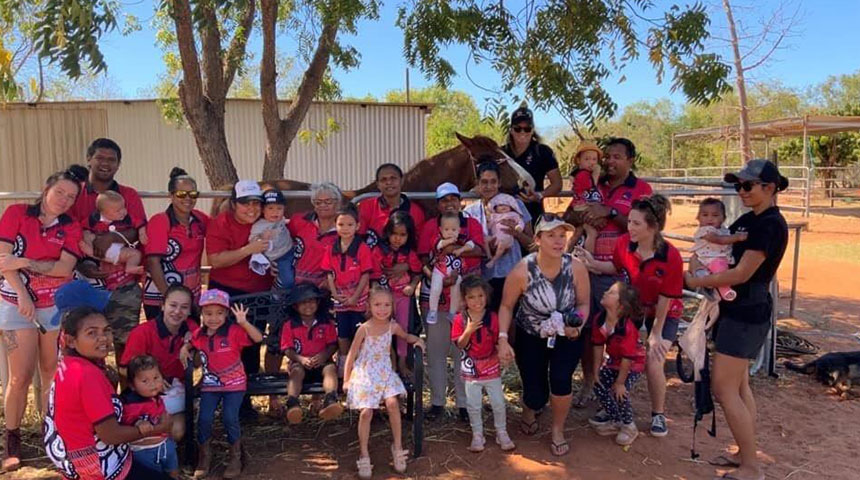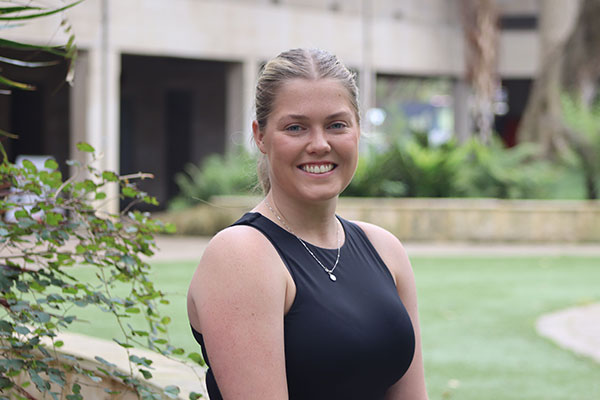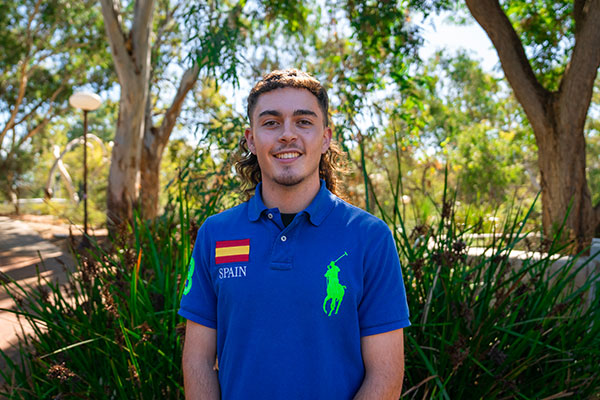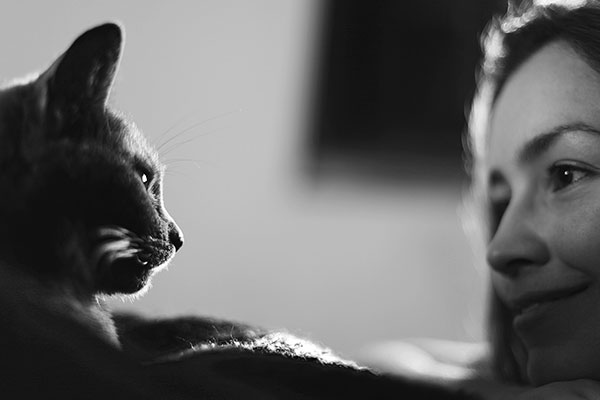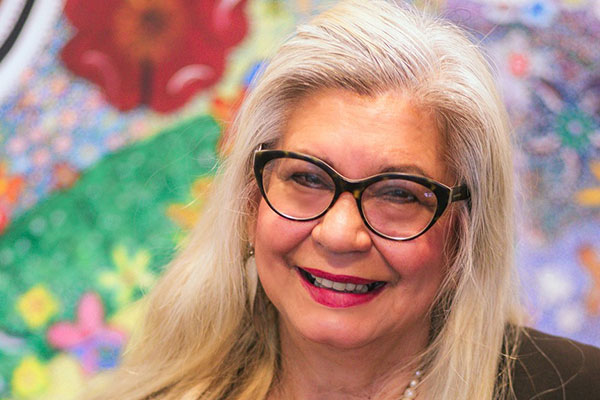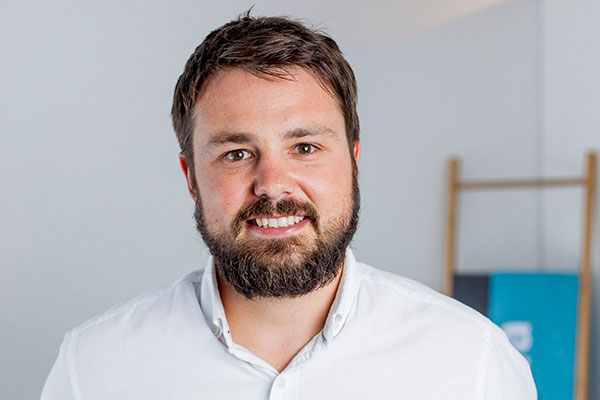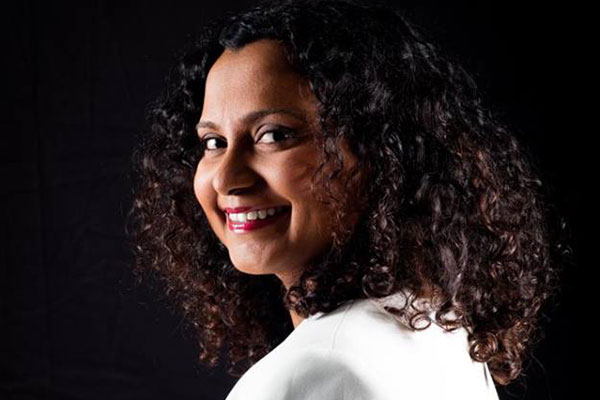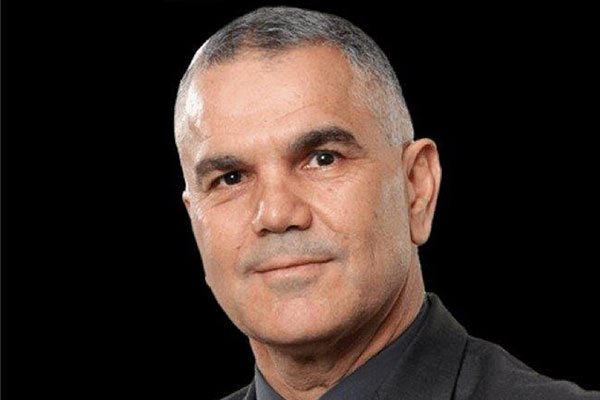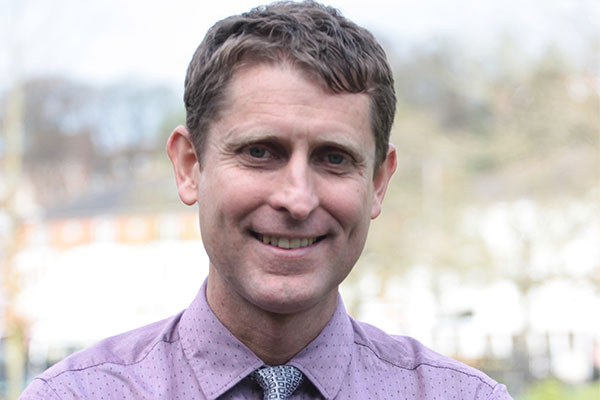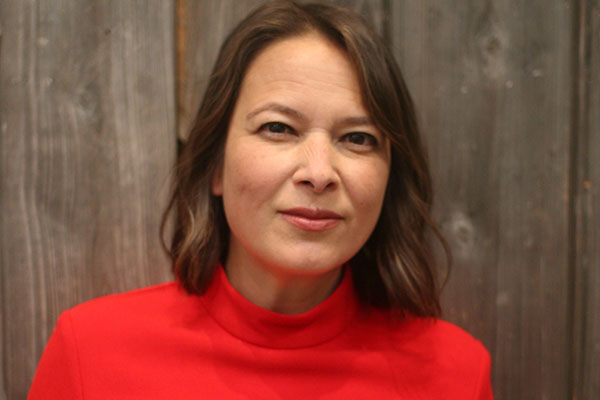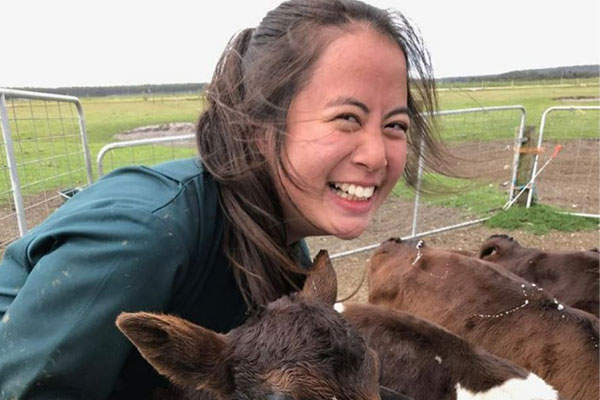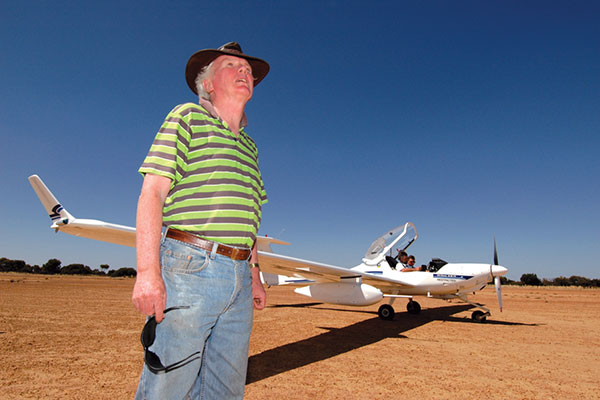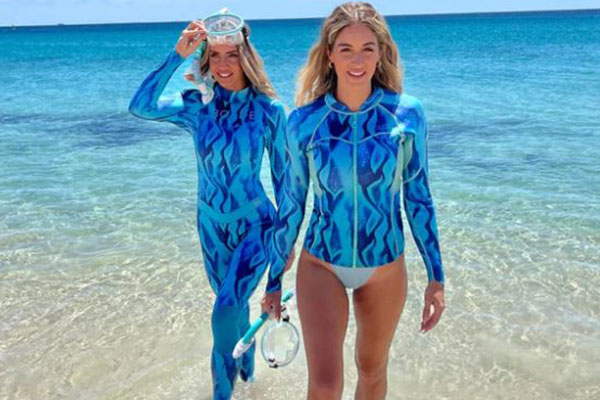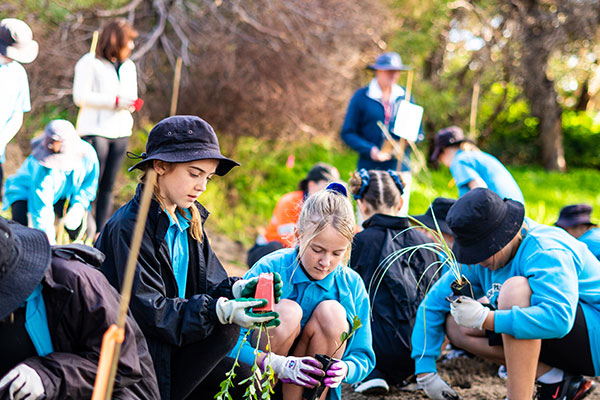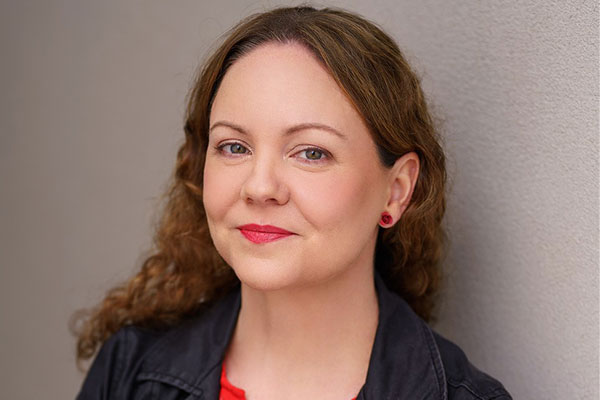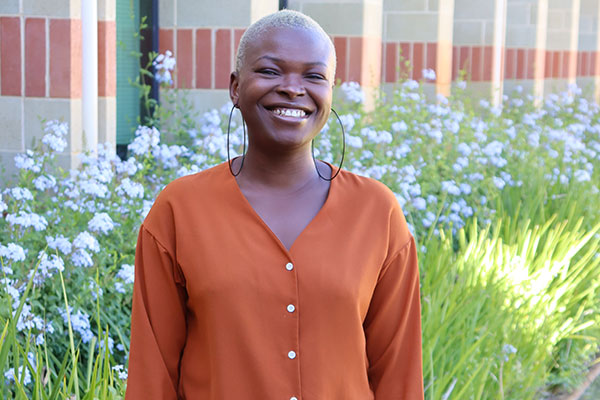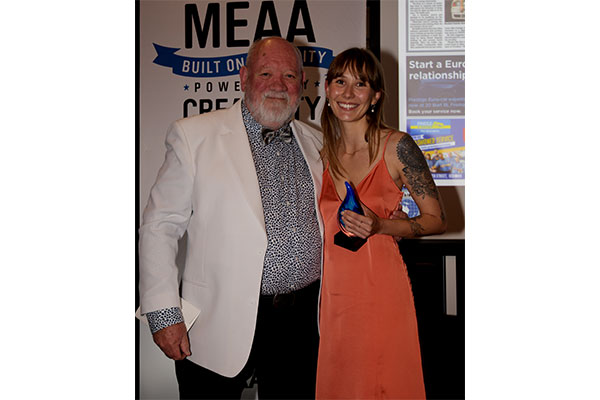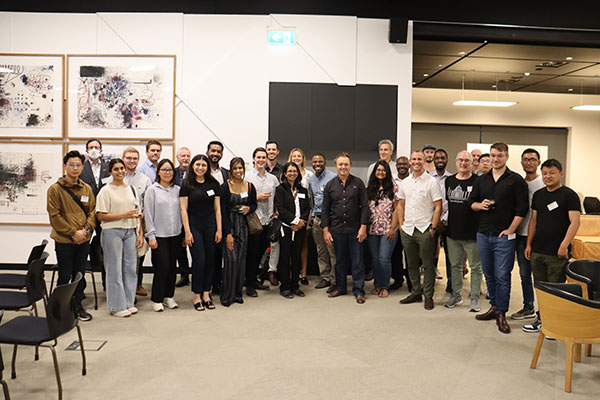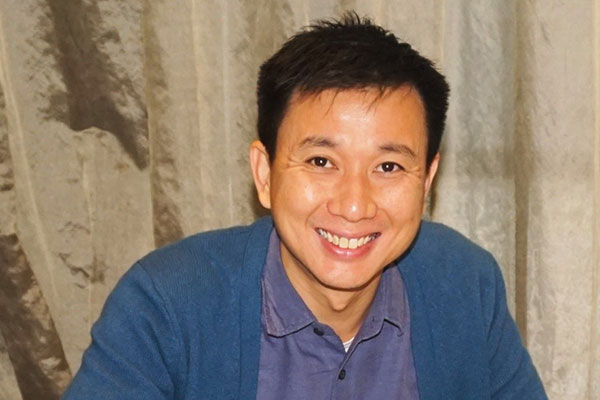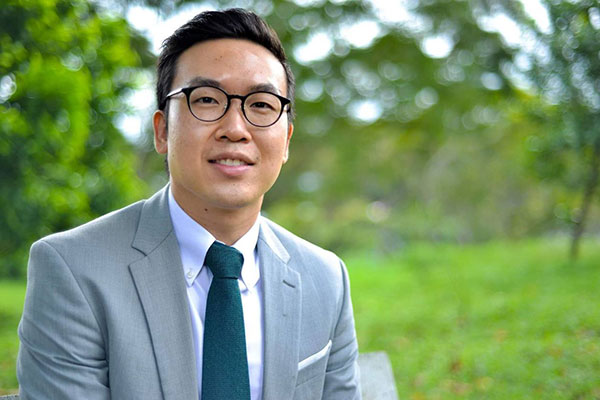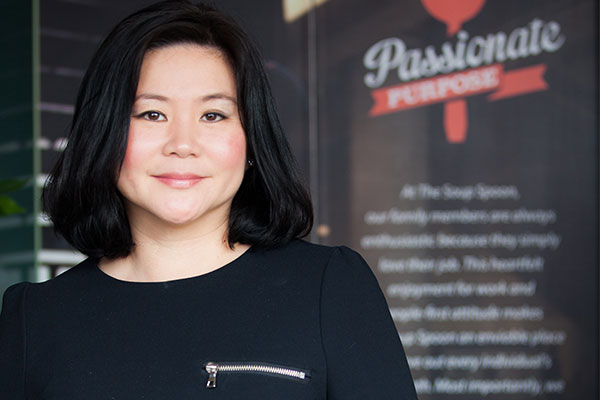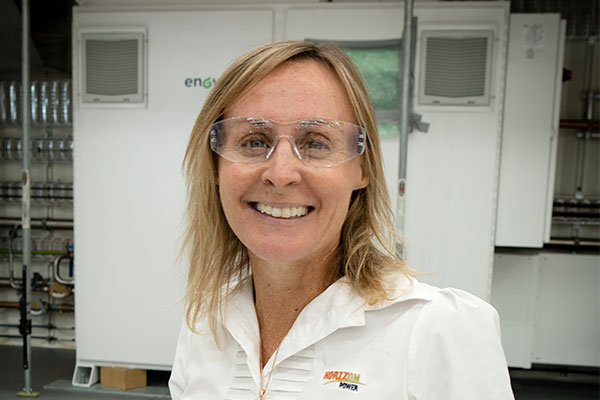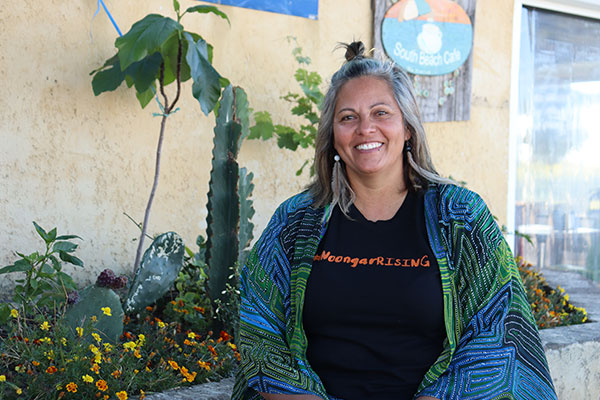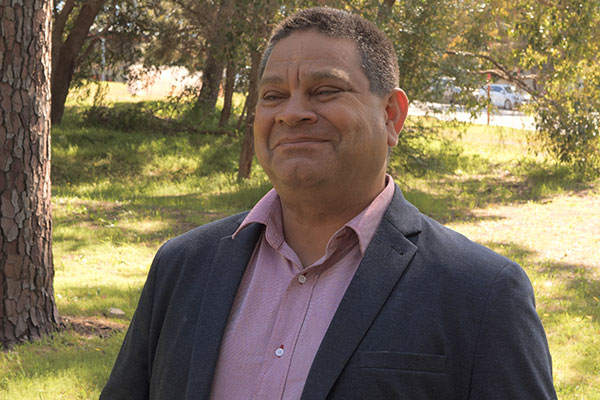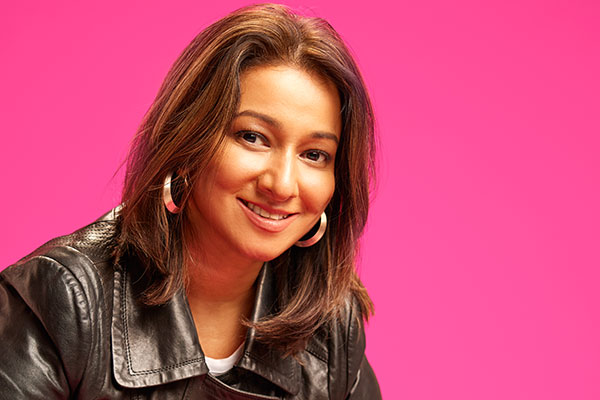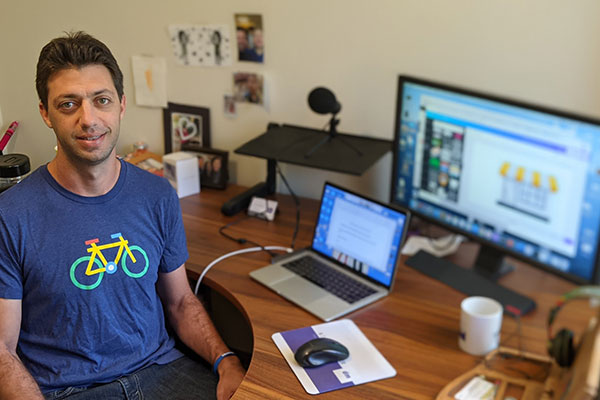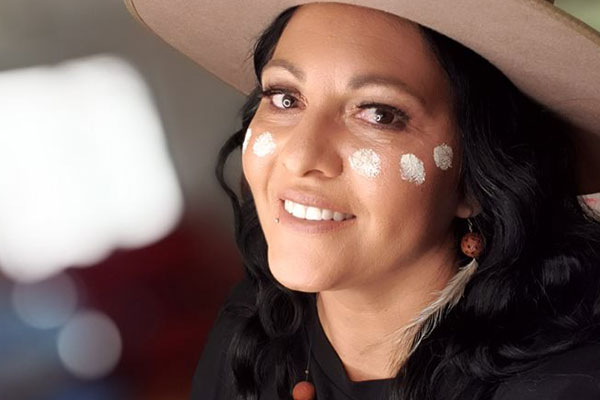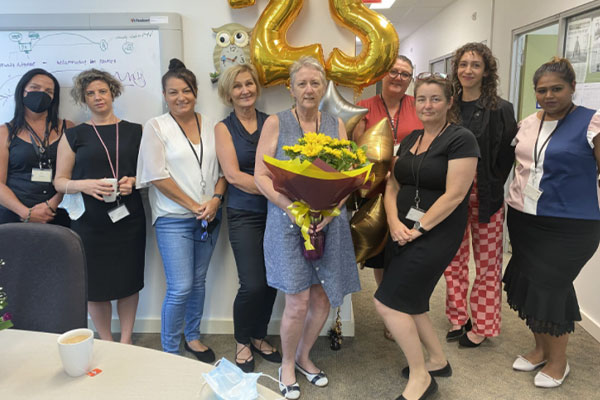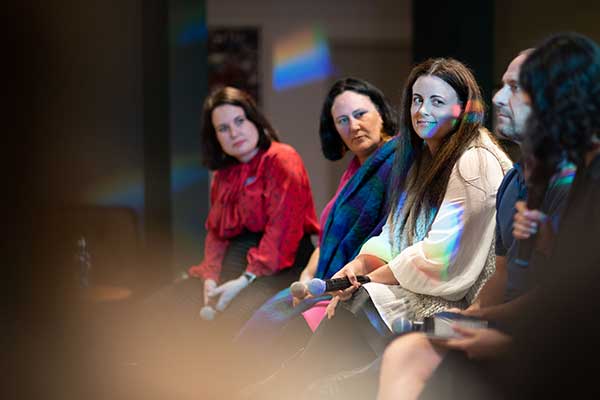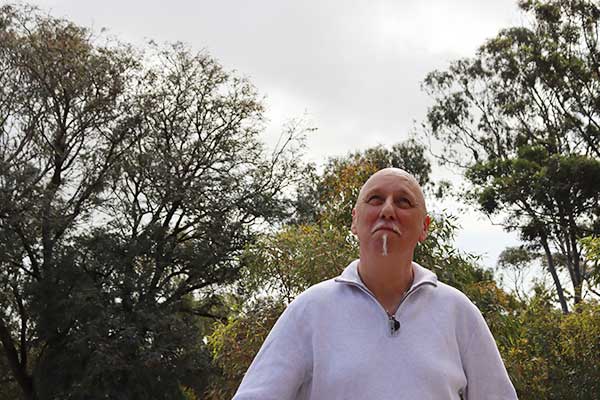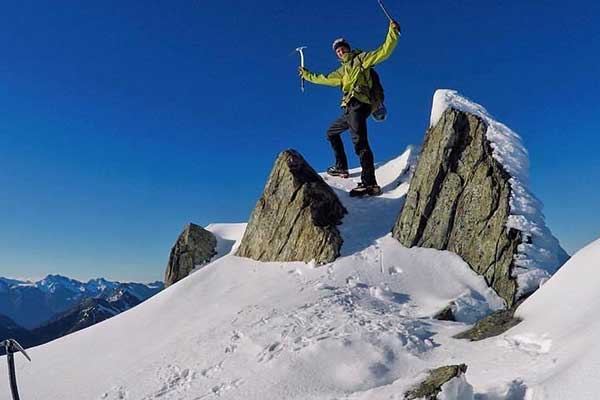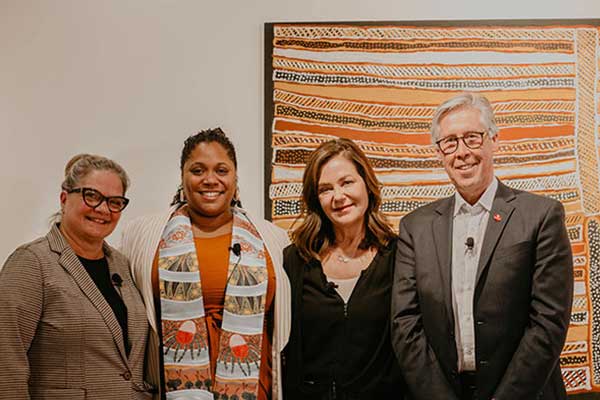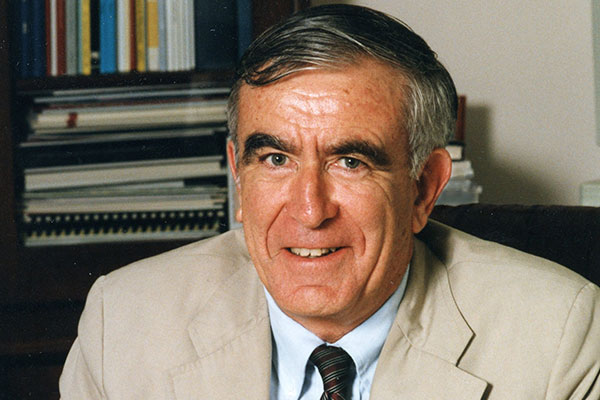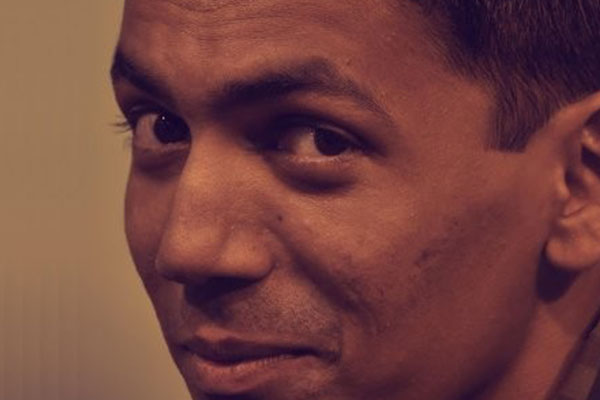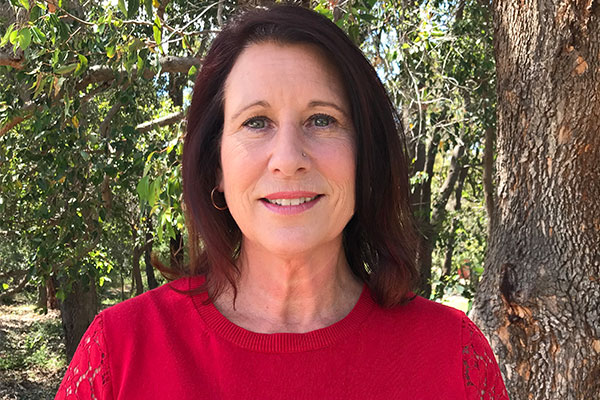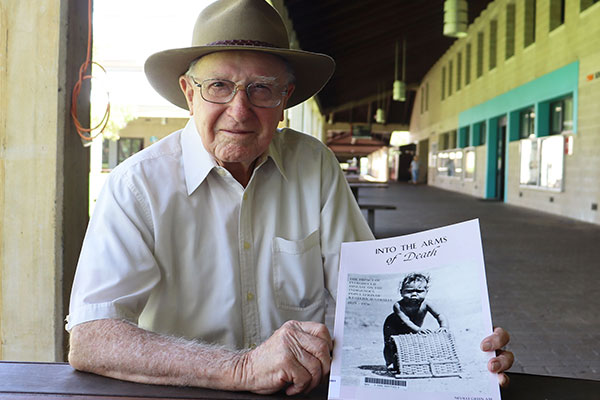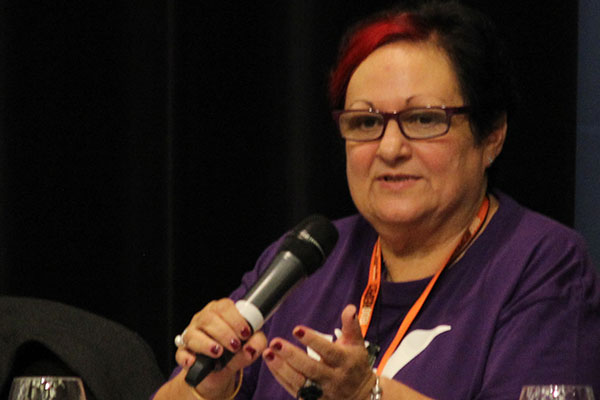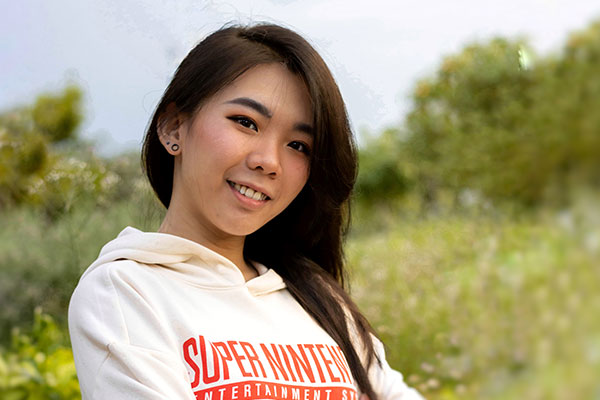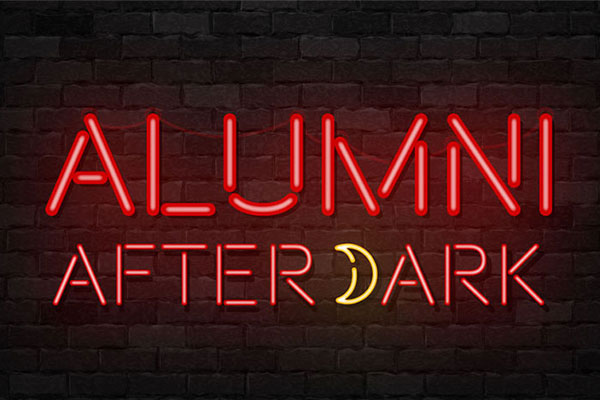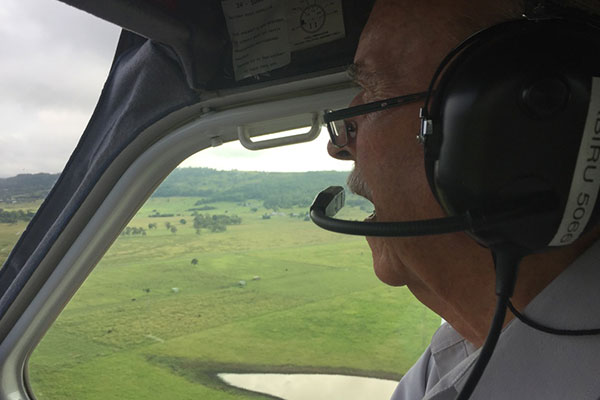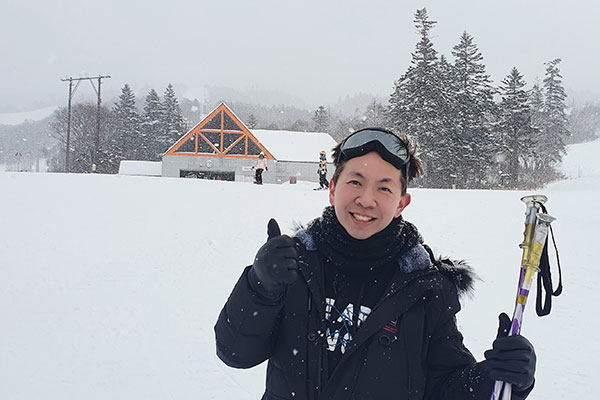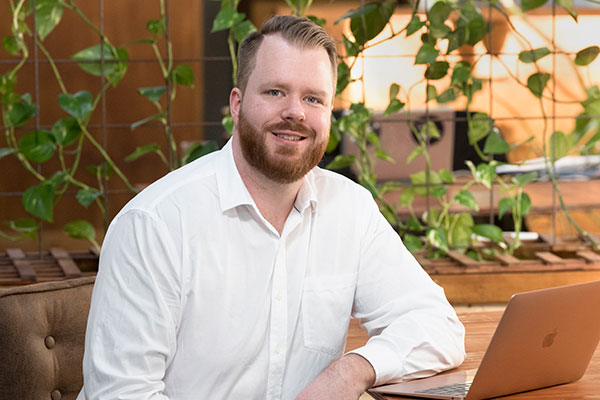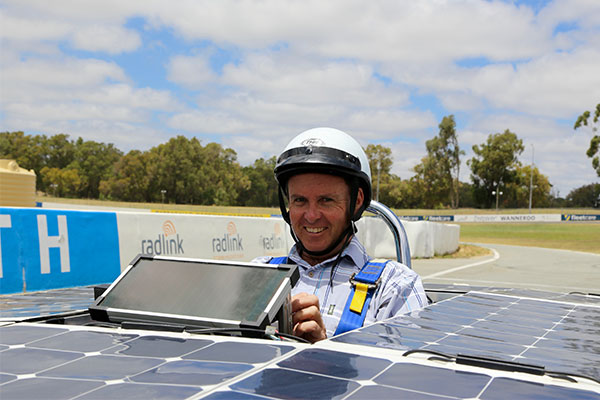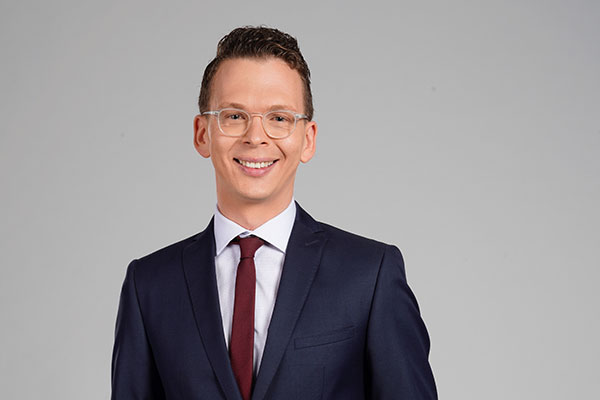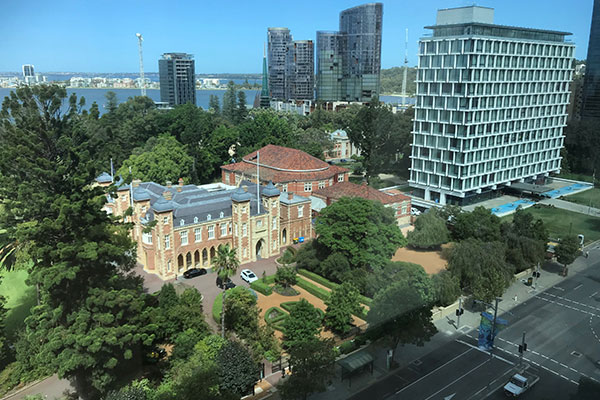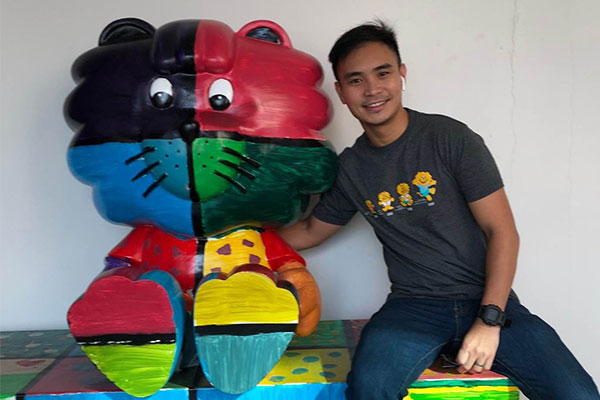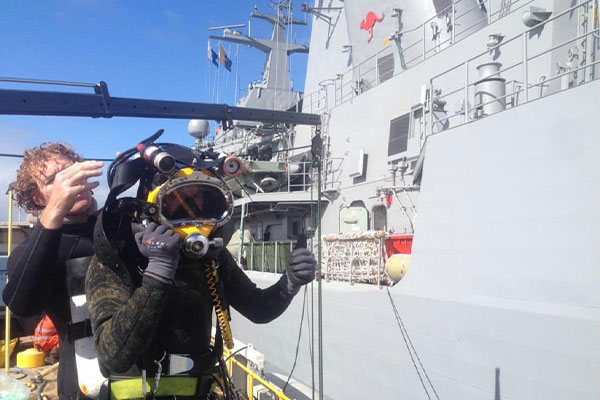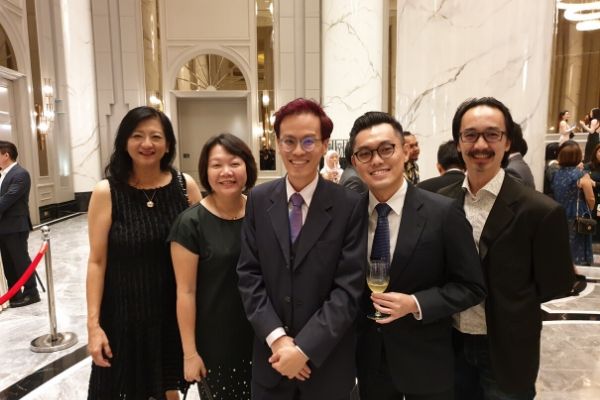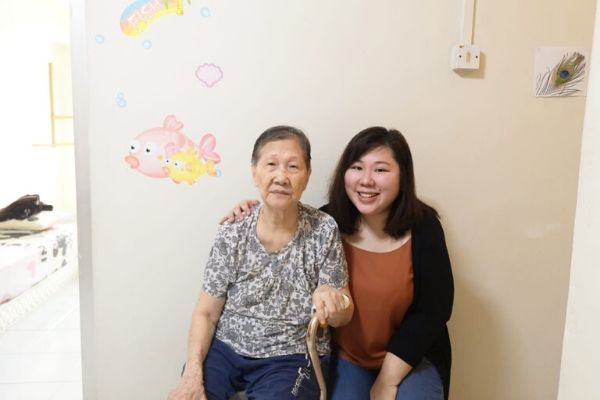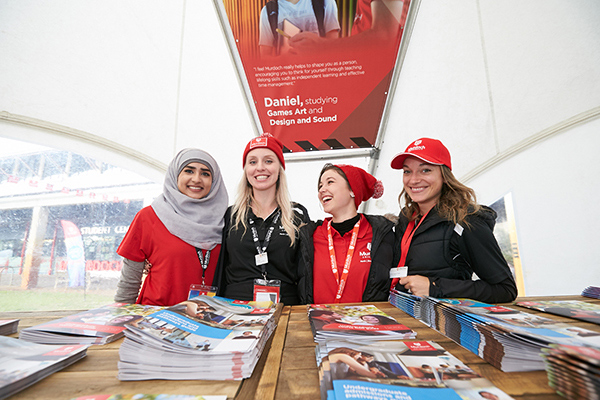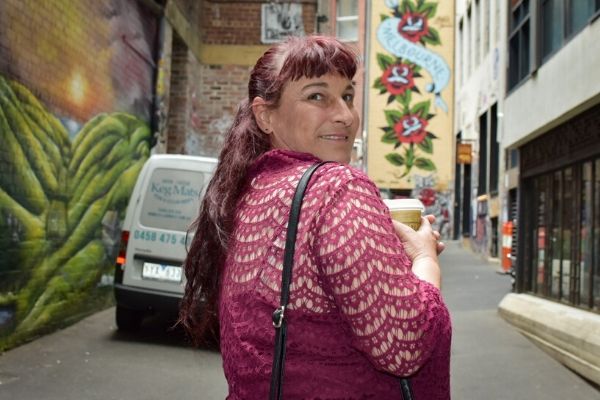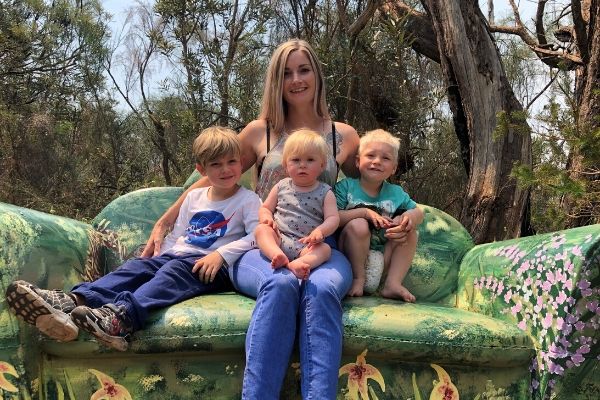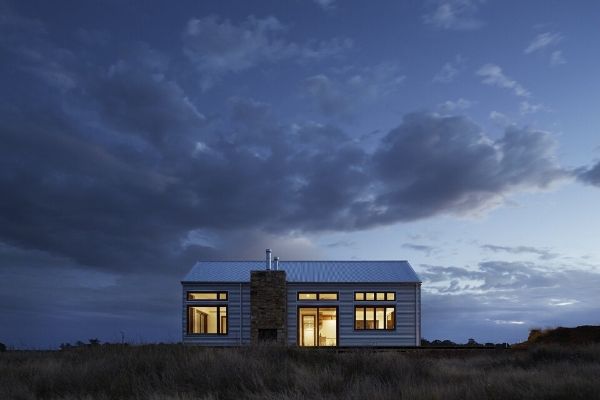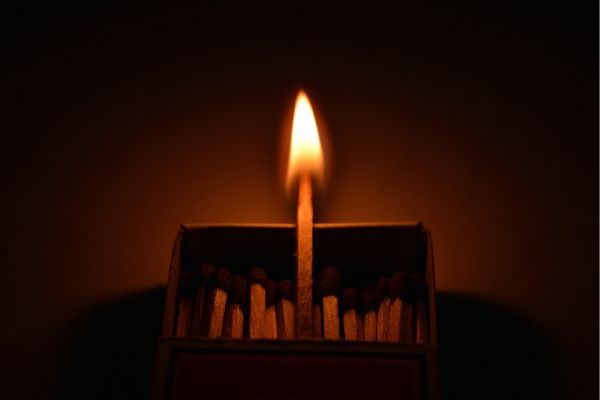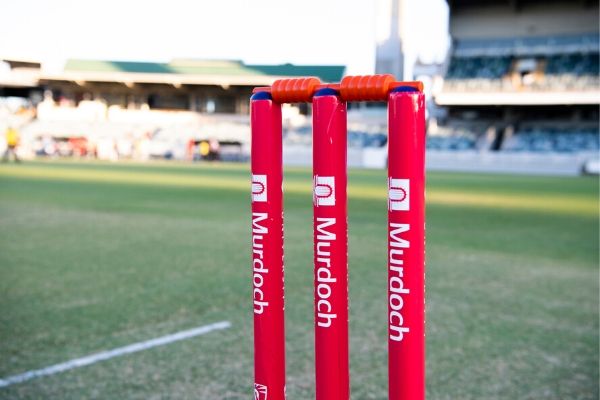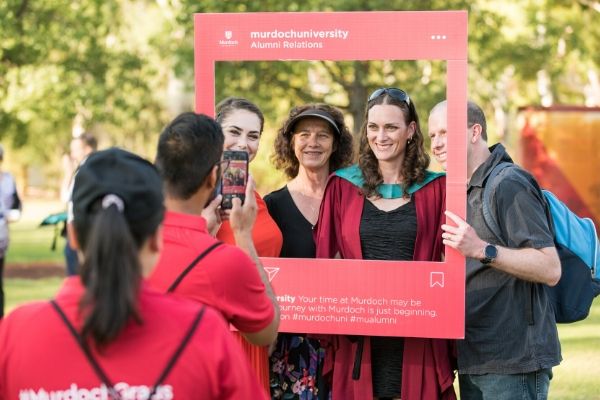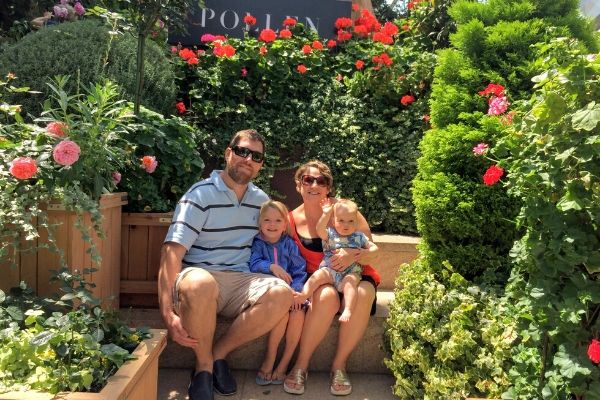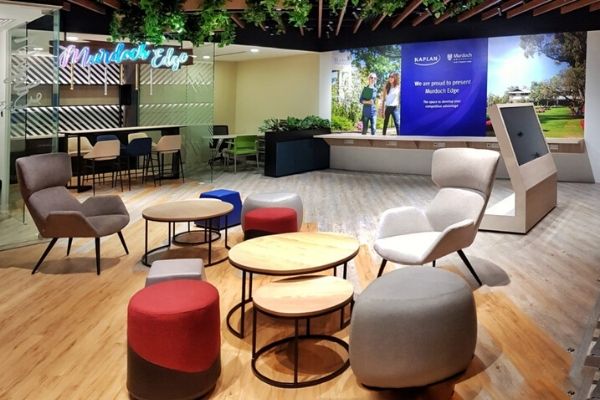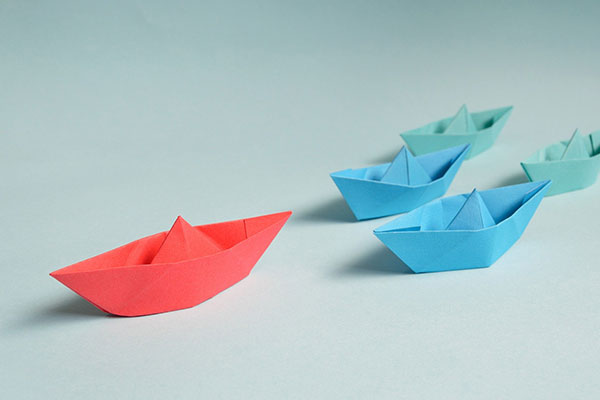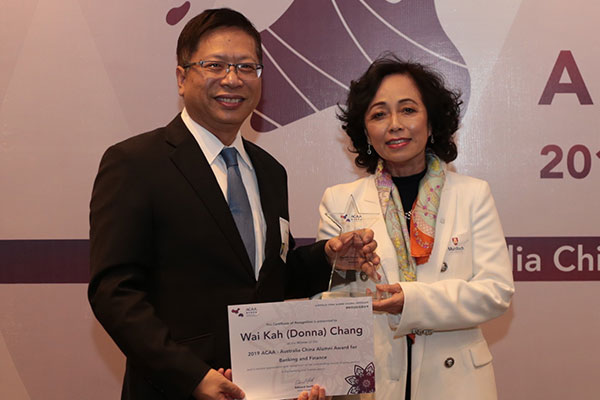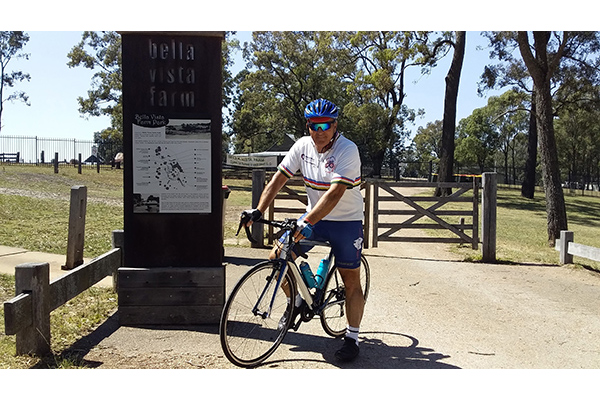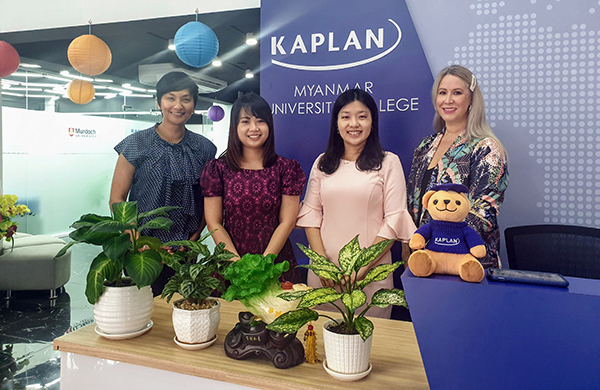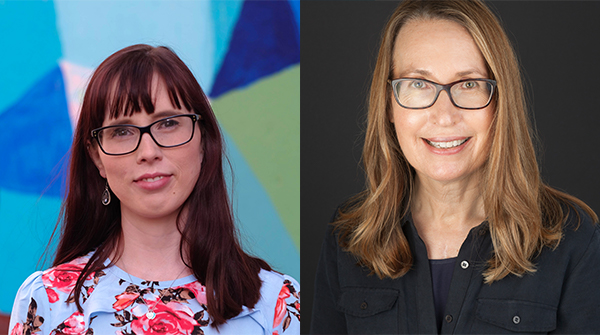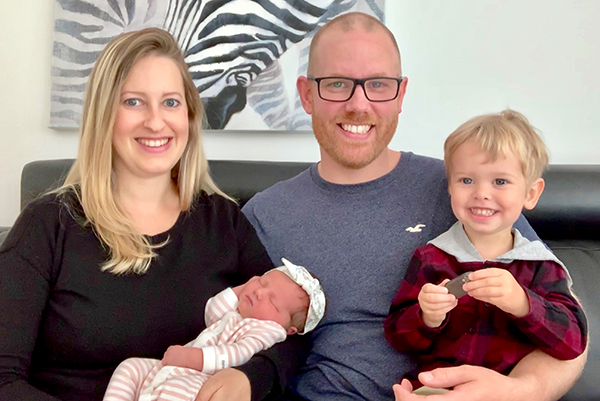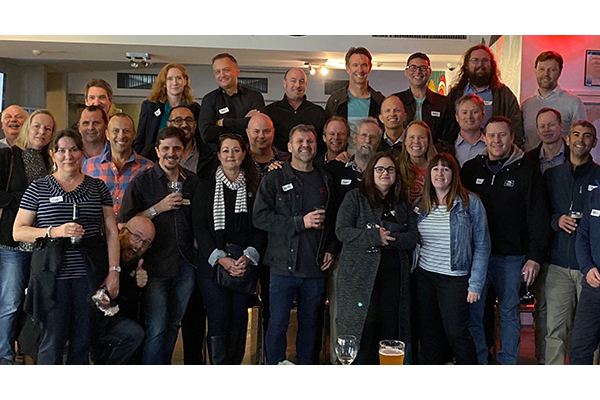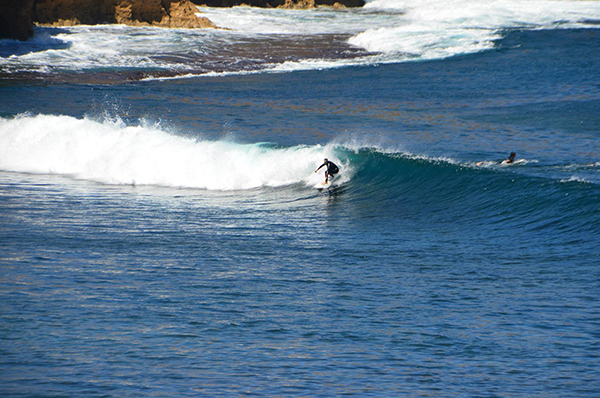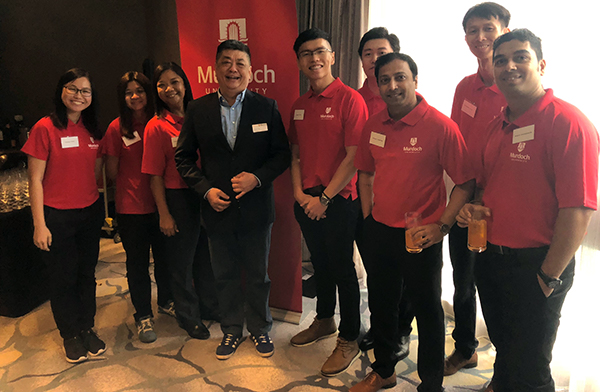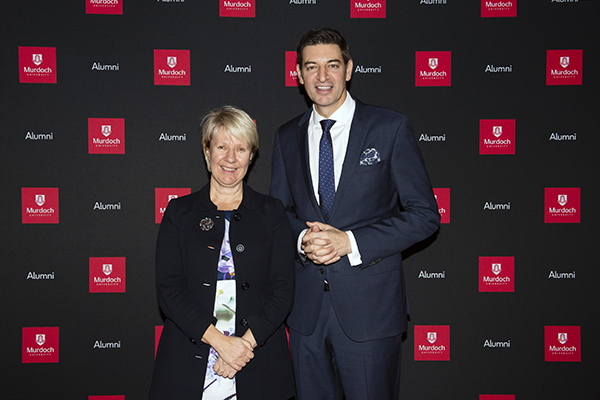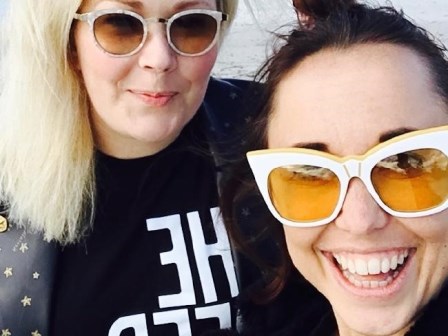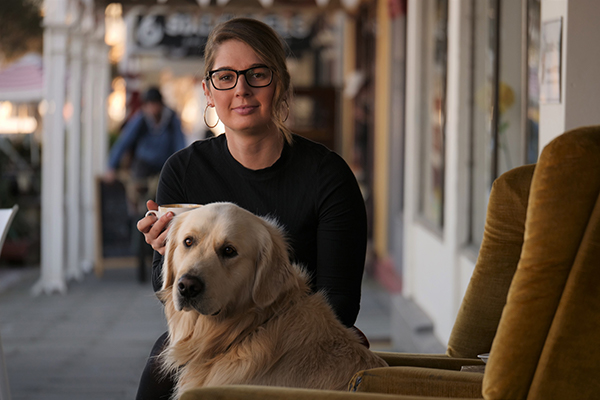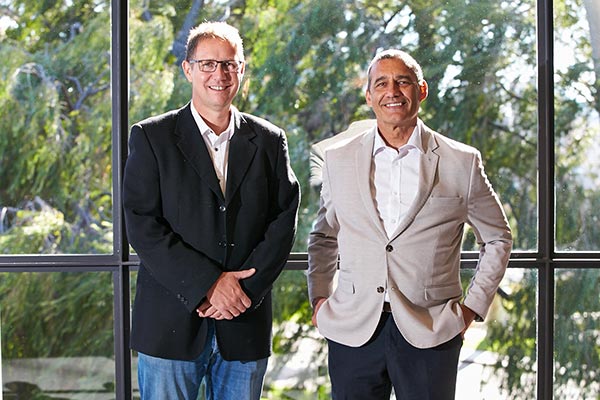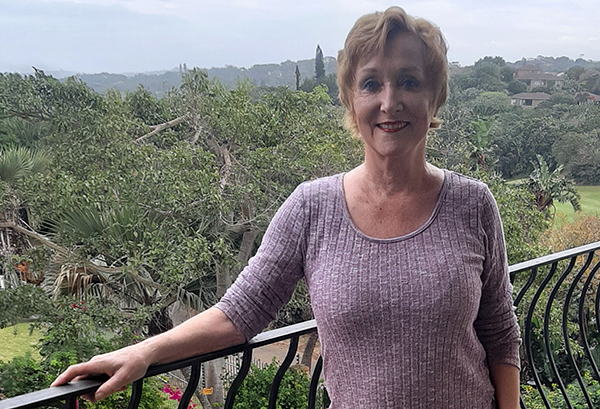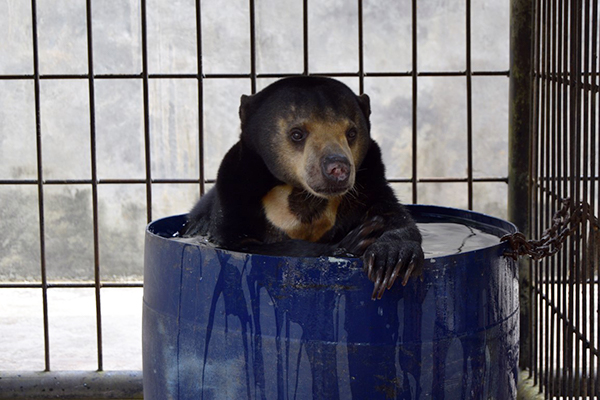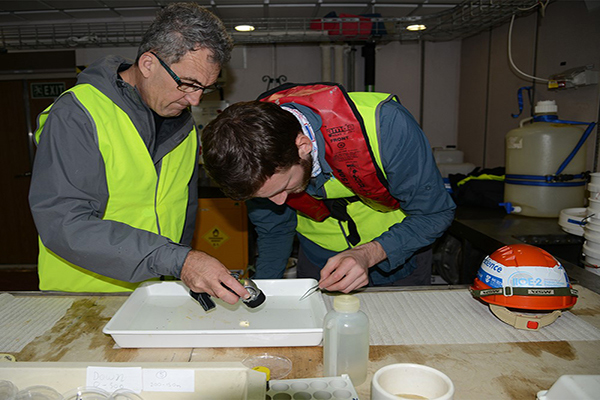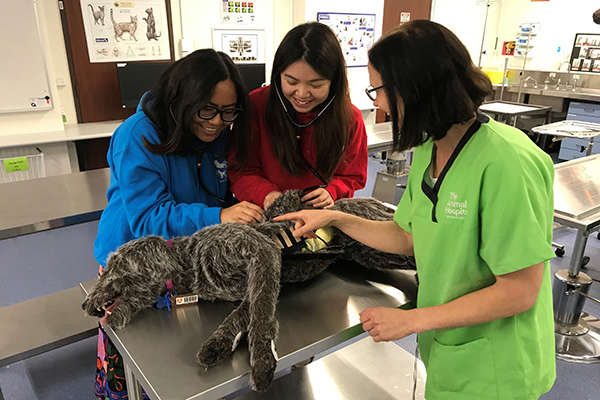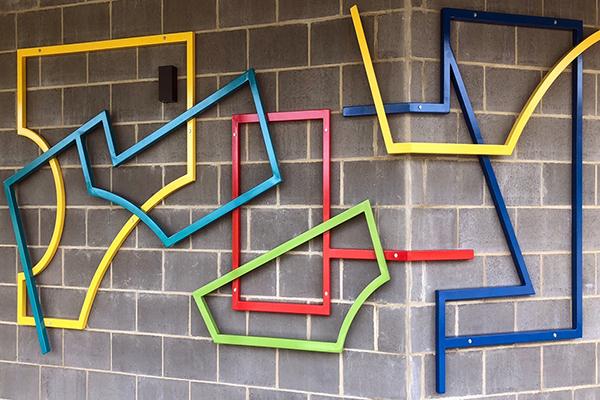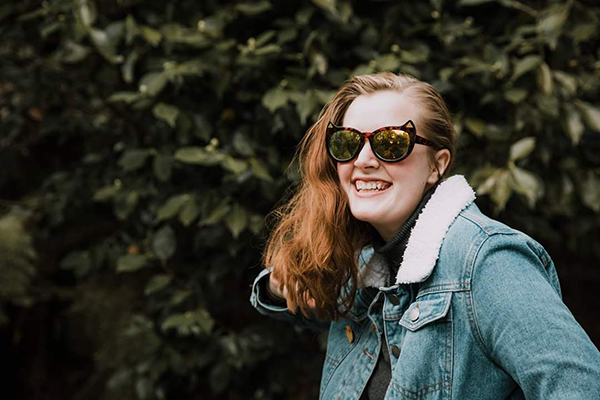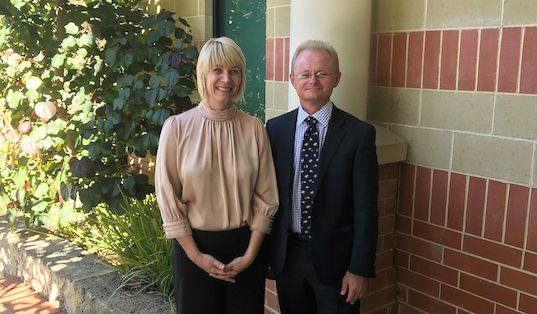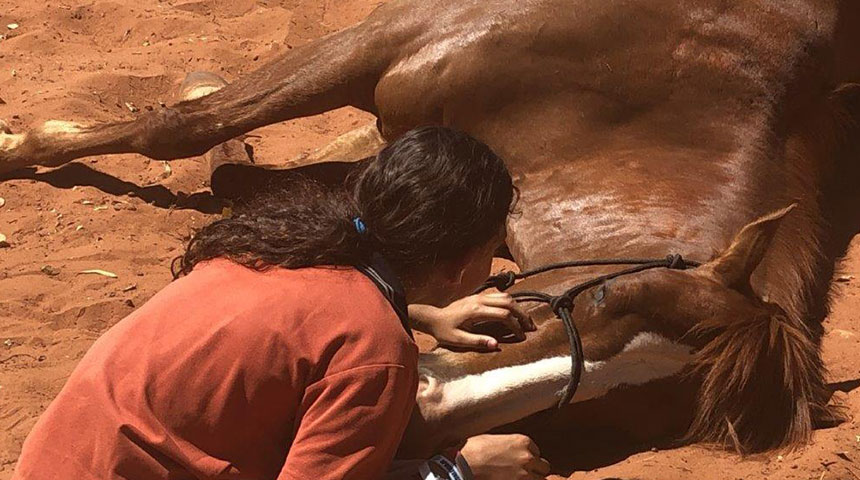
In the vast landscapes of The Kimberley region in Western Australia, a pioneering and inspiring program is forging a deep, beneficial connection between animals and young people.
Yawardani Jan-ga (Horses Helping) uses Equine Assisted Learning to support the wellbeing and relationship skills of young Indigenous Australians. The program utilises the therapeutic power of the human-horse bond to address trauma, mental health, emotional challenges, and leadership, as well as all facets and challenges of a young Aboriginal person’s life. Strengths based, the program gives clients relational and regulation skills for life. Within a culturally secure environment, there is an assortment of semi-structured sessions led by a client-centred approach that responds to where that young person is at. These include working on horsemanship, grooming, art with horses and completing leading and obstacles to name a few. This can take the form of individual, paired or group sessions. The unique relationship creates a space where healing, growth, increased confidence and empowerment can flourish.
In Yawardani Jan-ga, meaning "Horses Helping" in Yawuru, the native title and local Aboriginal language group for the Broome area, participants are encouraged through the equine assisted learning practices to explore their emotions, enhance their communication skills and develop not just a sense of awareness, but a suite of essential life skills that will serve them in the years ahead.
The program was created by Professor Juli Coffin, Ellison Professor Aboriginal Young People’s Social and Emotional Wellbeing. Prof. Coffin is an esteemed Aboriginal researcher with expertise in cultural security, education and research across a diverse range of chronic diseases, nutrition, and health promotion. She wanted to create the space for young people and horses to be together on country to facilitate healing and growth.
“It is always with gratitude that we are able to do this work, grateful for those who support and continue to support us in this space, and the horses who choose to work with us in partnership on country, holding space, supporting growth and leadership for our next generation of Aboriginal young people and leaders,” said Juli.
In addition to the personal development elements, the program serves as a conduit for many to reconnect with themselves and those around them which then instils a sense of belonging. Tapping into breathing and regulation practices, traditional horse handling techniques or group storytelling, the program helps participants develop an appreciation for cultural strengthening.
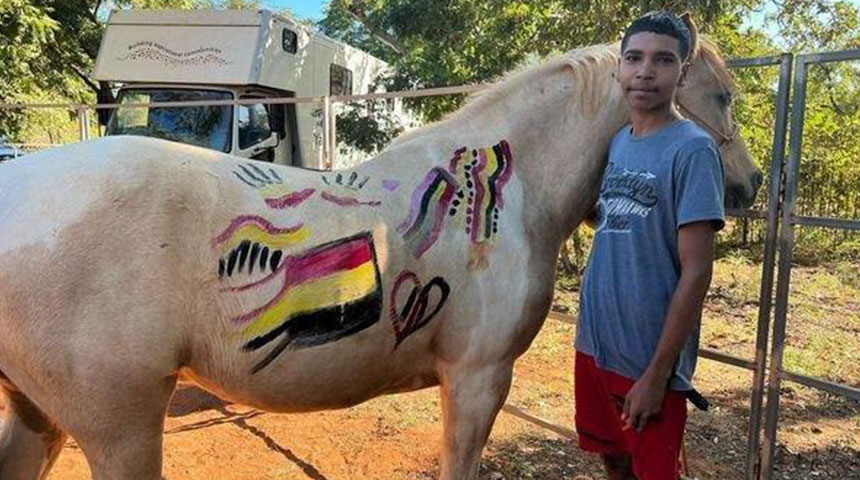
The Yawardani Jan-ga program recognizes the importance of community engagement and the involvement of local Indigenous leaders. By partnering with Elders and cultural leaders, the program facilitates the preservation and transmission of traditional knowledge and practices. This collaborative approach strengthens the program's acceptance and sustainability, fostering a sense of ownership and cultural continuity within the community.
In 2022, Yawardani Jan-ga joined Murdoch University’s Ngangk Yira Institute for Change which was established at Murdoch University to help address the health gap that exists between Aboriginal and Torres Strait Islander peoples and the rest of the Australian population.
Led by the renowned Professor Rhonda Marriott AM, a leader in the field of Aboriginal health research, Ngangk Yira was delighted to add the program to its research portfolio which aims to support the social, emotional, and spiritual wellbeing of Aboriginal young people through culturally secure programs.
Professor Marriott said the Institute is privileged to have such an experienced and passionate research leader in her team with the shared focus of supporting the health and wellbeing of young Aboriginal people.
“Juli has brought the Yawardani Jan-ga project to Murdoch University, which aims to support the social, emotional, and spiritual wellbeing of Aboriginal young people through culturally secure Aboriginal led and run Equine-Assisted Learning sessions and tapping into the Kimberley's rich pastoral history,” said Professor Marriott AM.
“The Ngangk Yira Council of Elders are particularly delighted in Juli’s work and see the critical importance in an Aboriginal research leader of Professor Coffin’s standing forging new relationships and bringing positivity and hope to young people and children across the Kimberley region. They hope to see the Yawardani Jan-ga program delivered on Whadjuk County sometime in the future,” she said.
The success of Yawardani Jan-ga would not have been possible without the generous support of the donors. This has been led by the principal donor, Mineral Resources Limited (MRL) and the Ellison family, whose generosity is enabling further program expansion such as the development of an all-weather facility. Donations have also come from Channel 7 Telethon and Mary McKillop Today, an Australian charitable organization which focuses on empowering individuals and communities in need through education, advocacy, and community development. Their recent donation will help facilitate the goal of expanding current operations to Derby, Halls Creek and Fitzroy Crossing.
The program expansion is reflected in the development of communications, with a new Yawardani Jan-ga website set to be launched in the coming months and a short video feature on the program appearing on NITV in September 2023. A thirty-minute documentary made earlier in the year is currently on the overseas film award circuit, before its ultimate distribution in the domestic market.
As this unique program continues to thrive, it serves as a beacon of hope and healing for a region looking to address heartbreaking annual rates of youth suicide. By nurturing the bond between humans and horses, Yawardani Jan-ga is showcasing pioneering therapeutic practices that respect the land and local culture, while offering a gentle catalyst for growth for future generations of young Aboriginal Australians.
